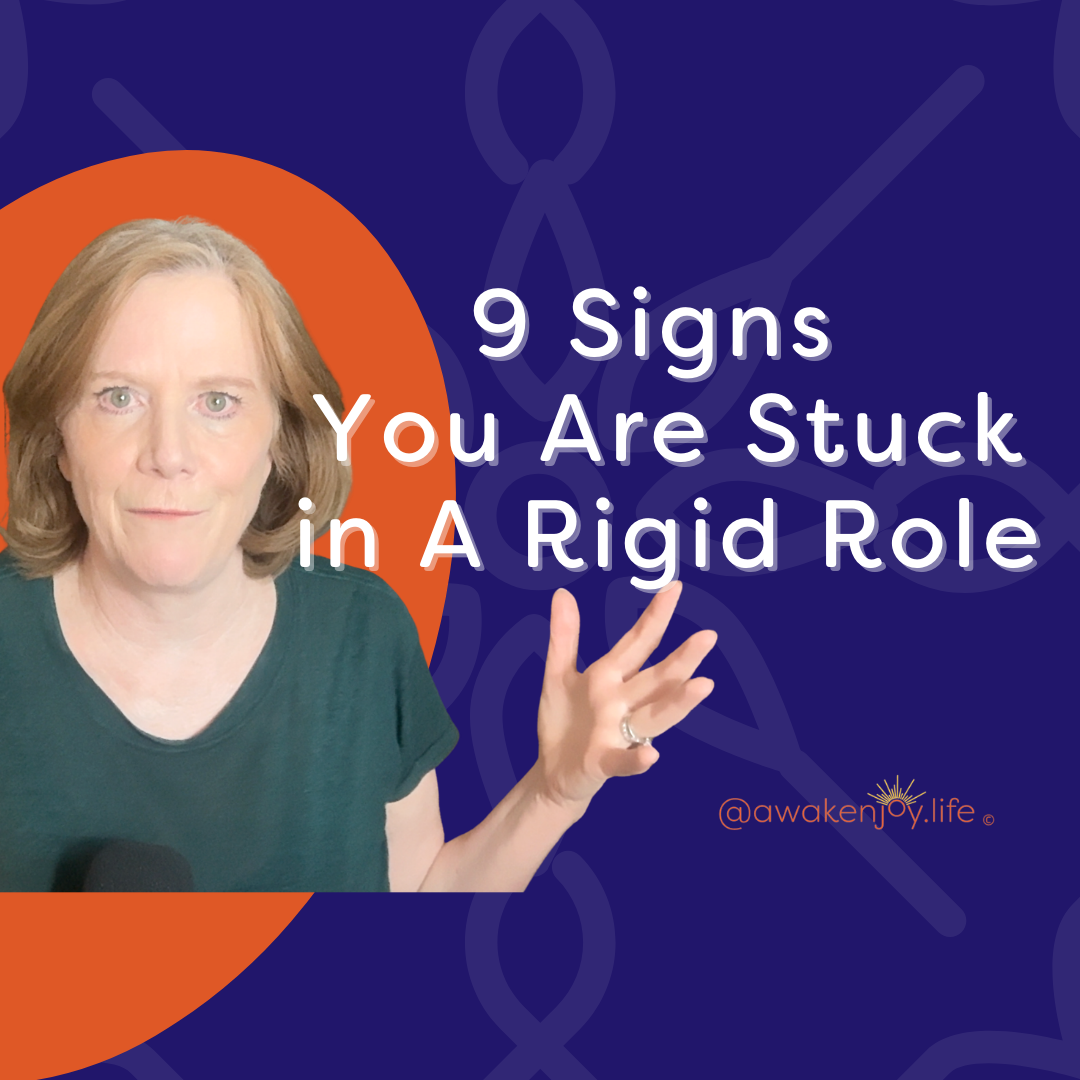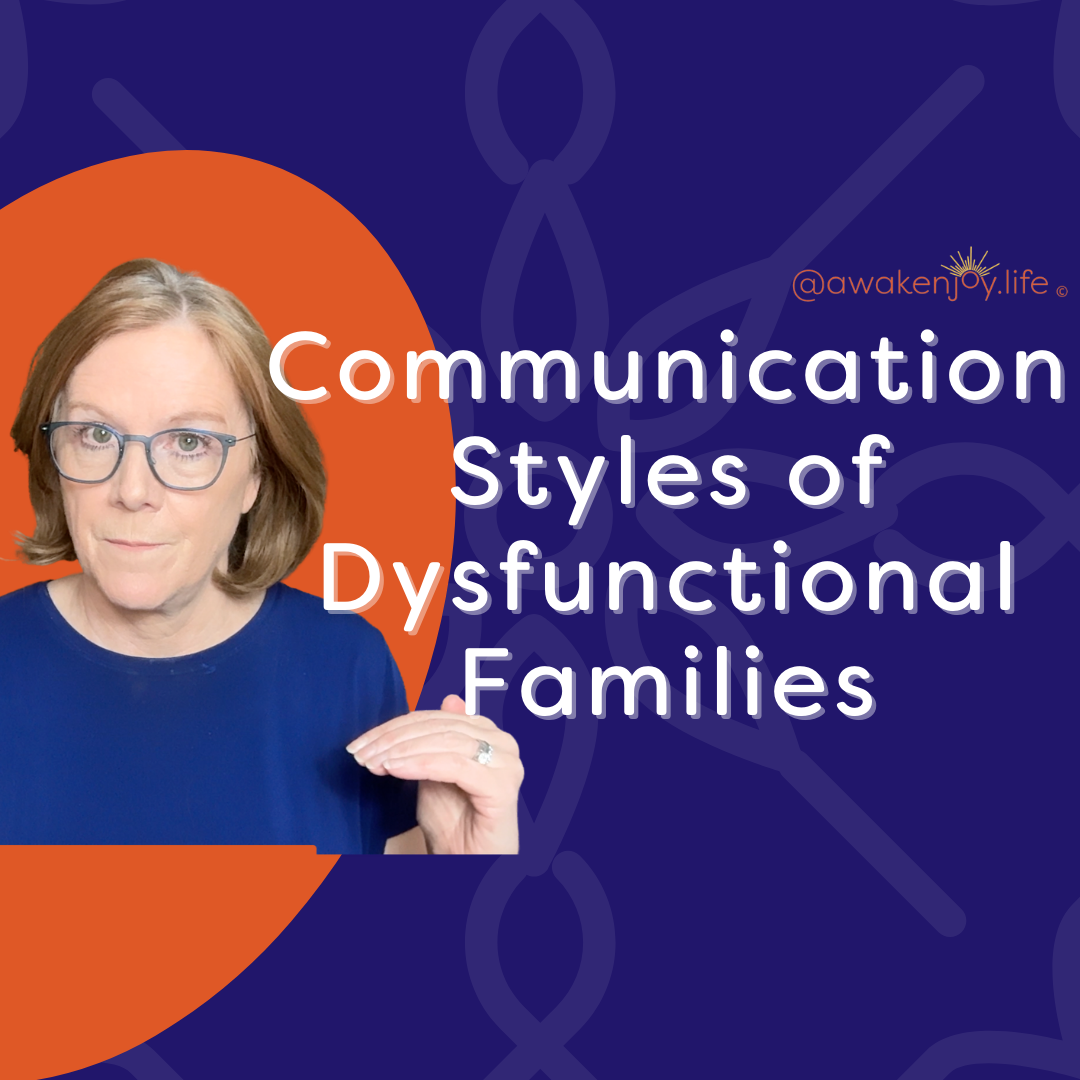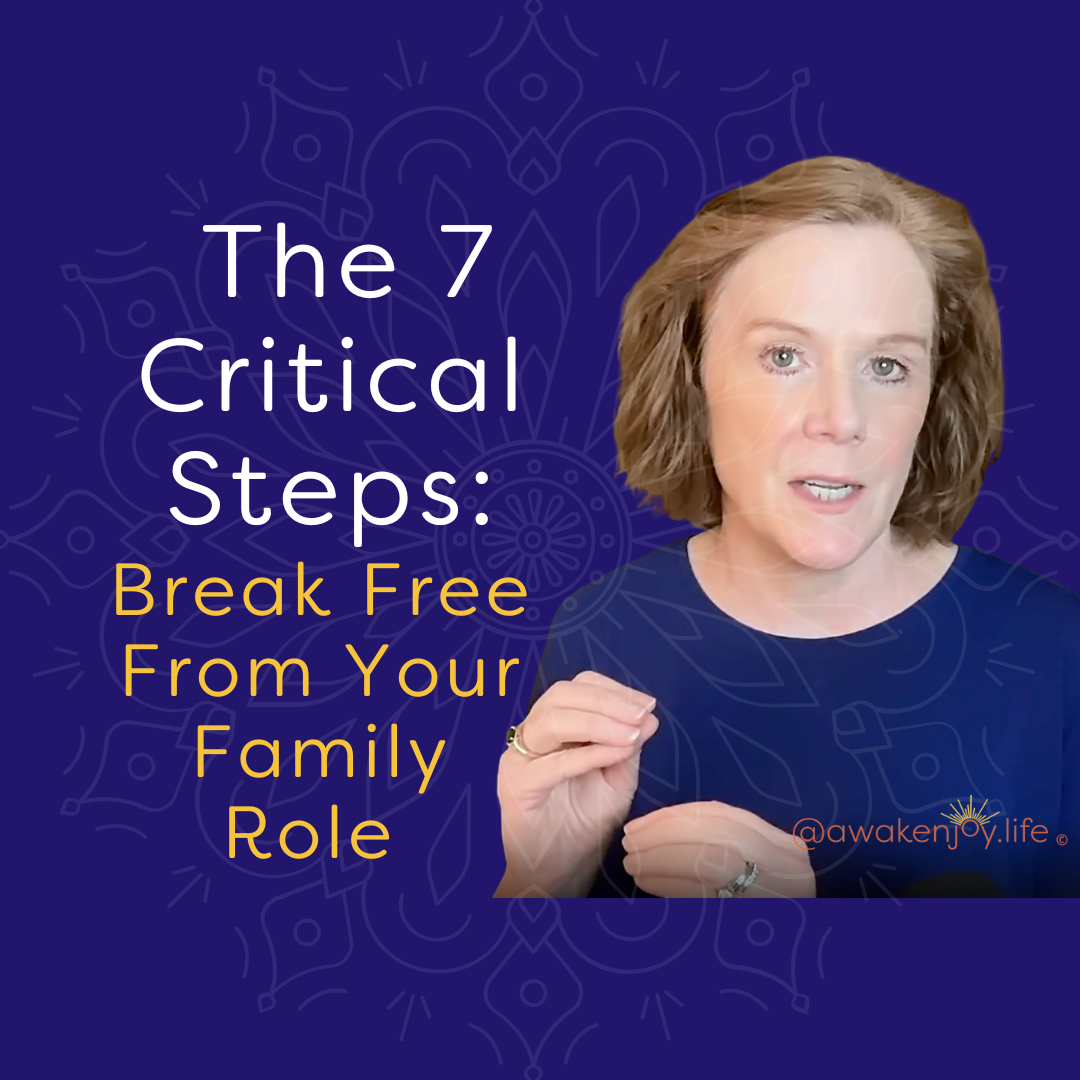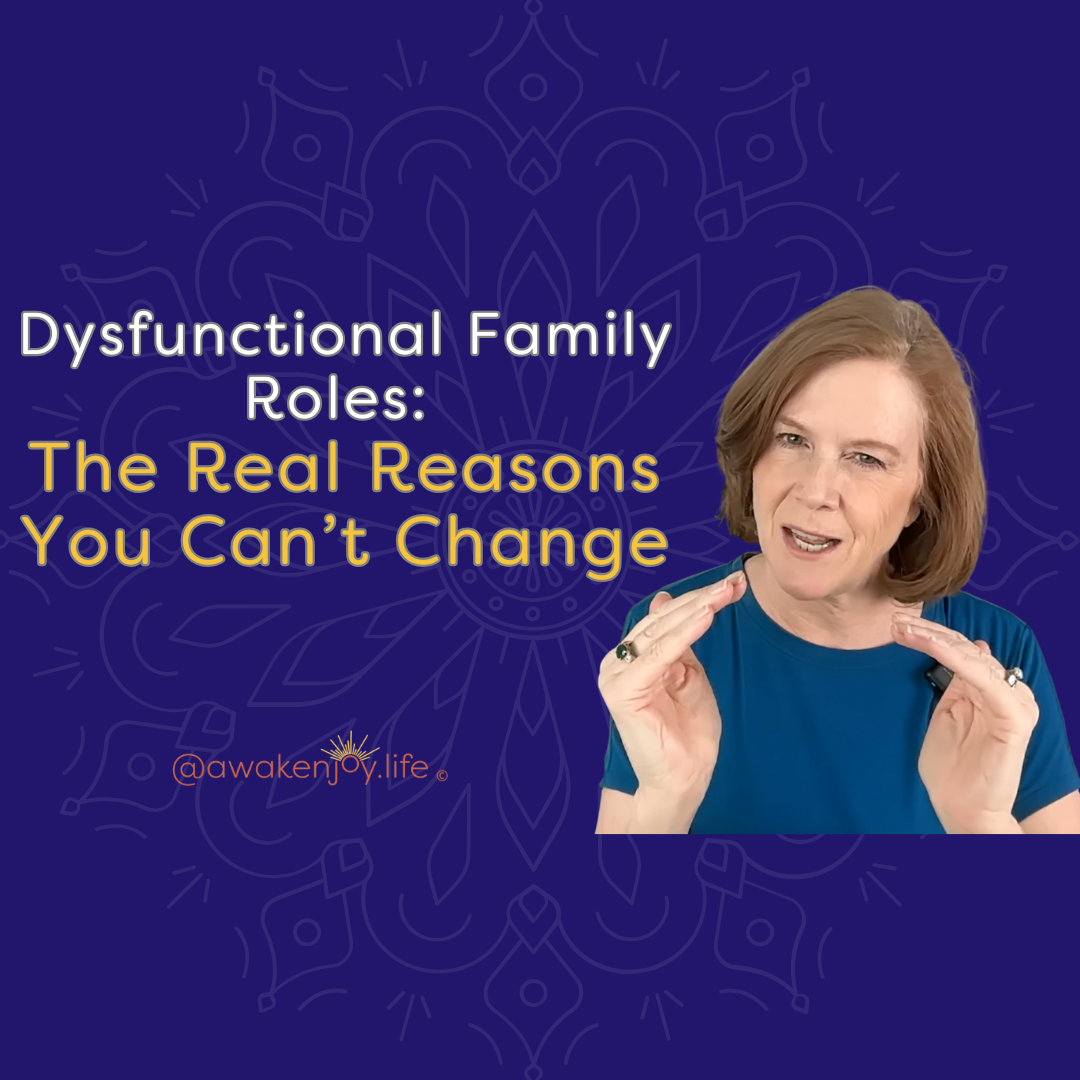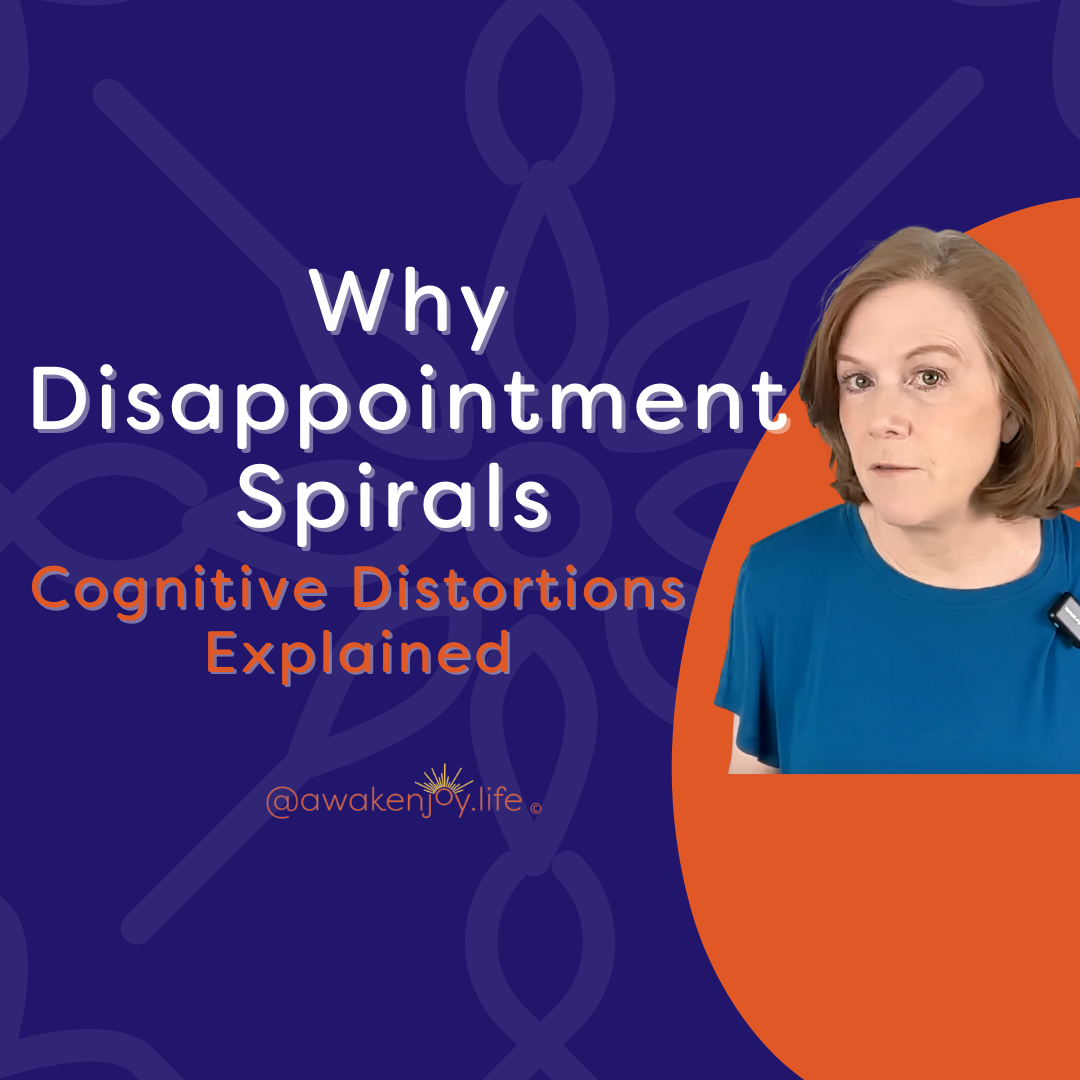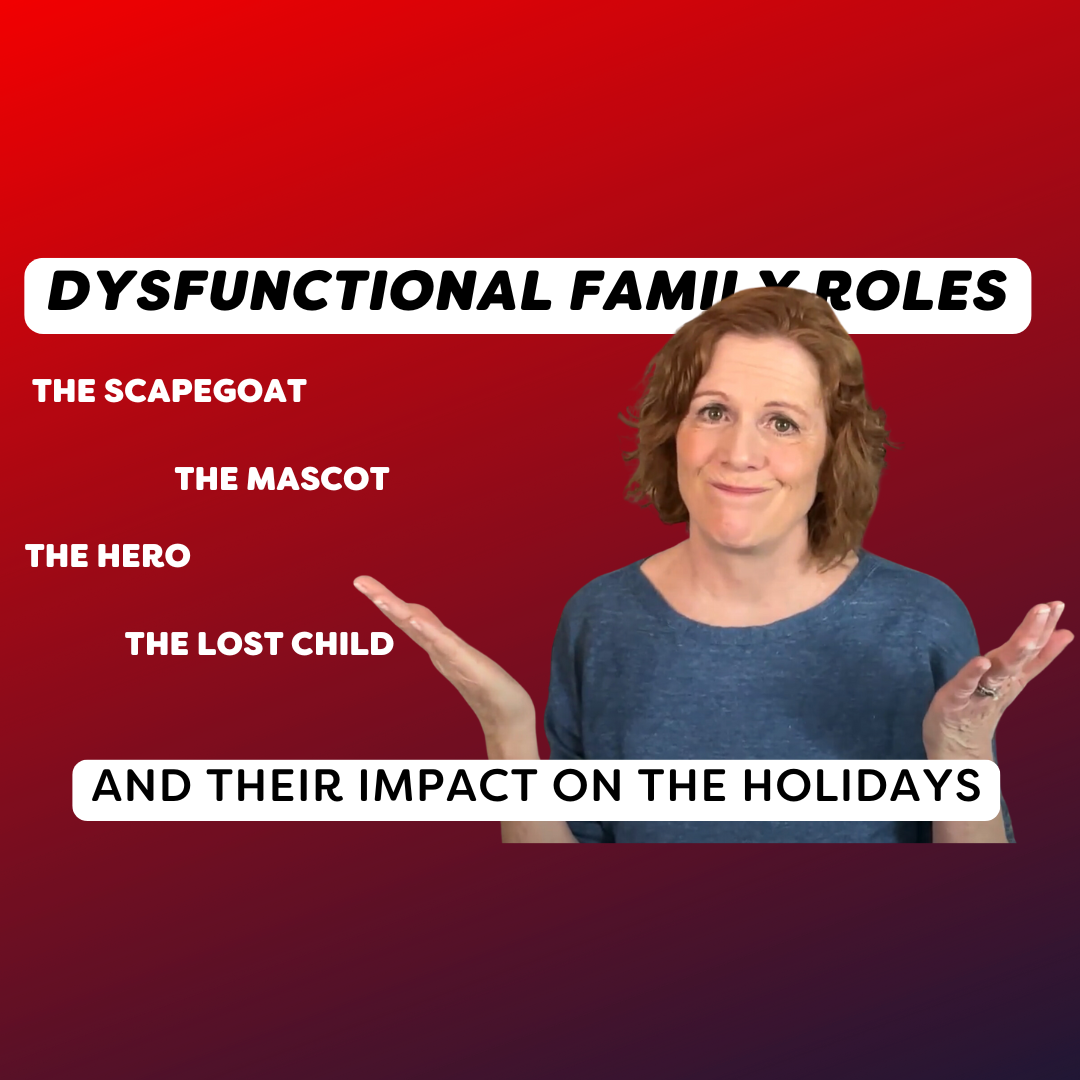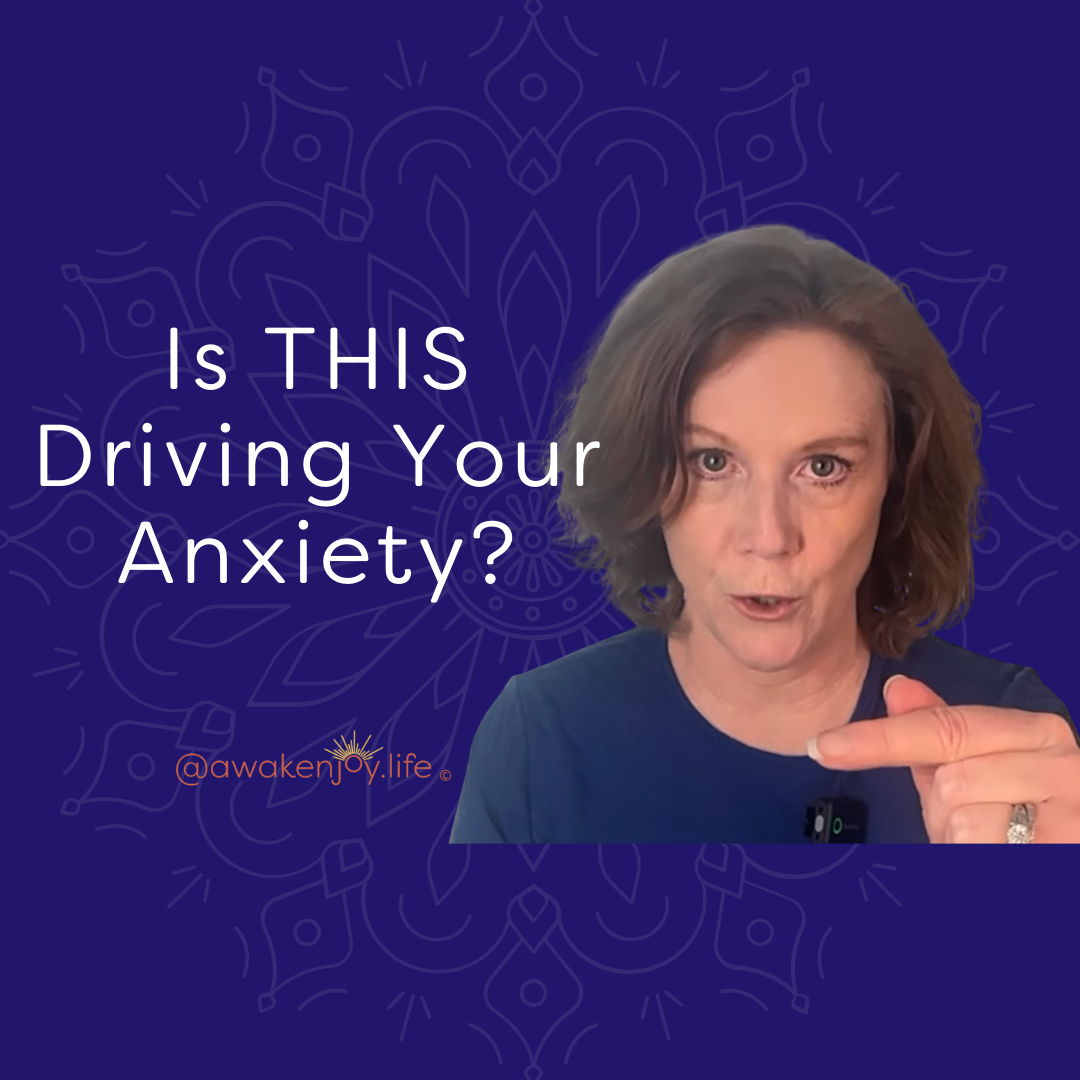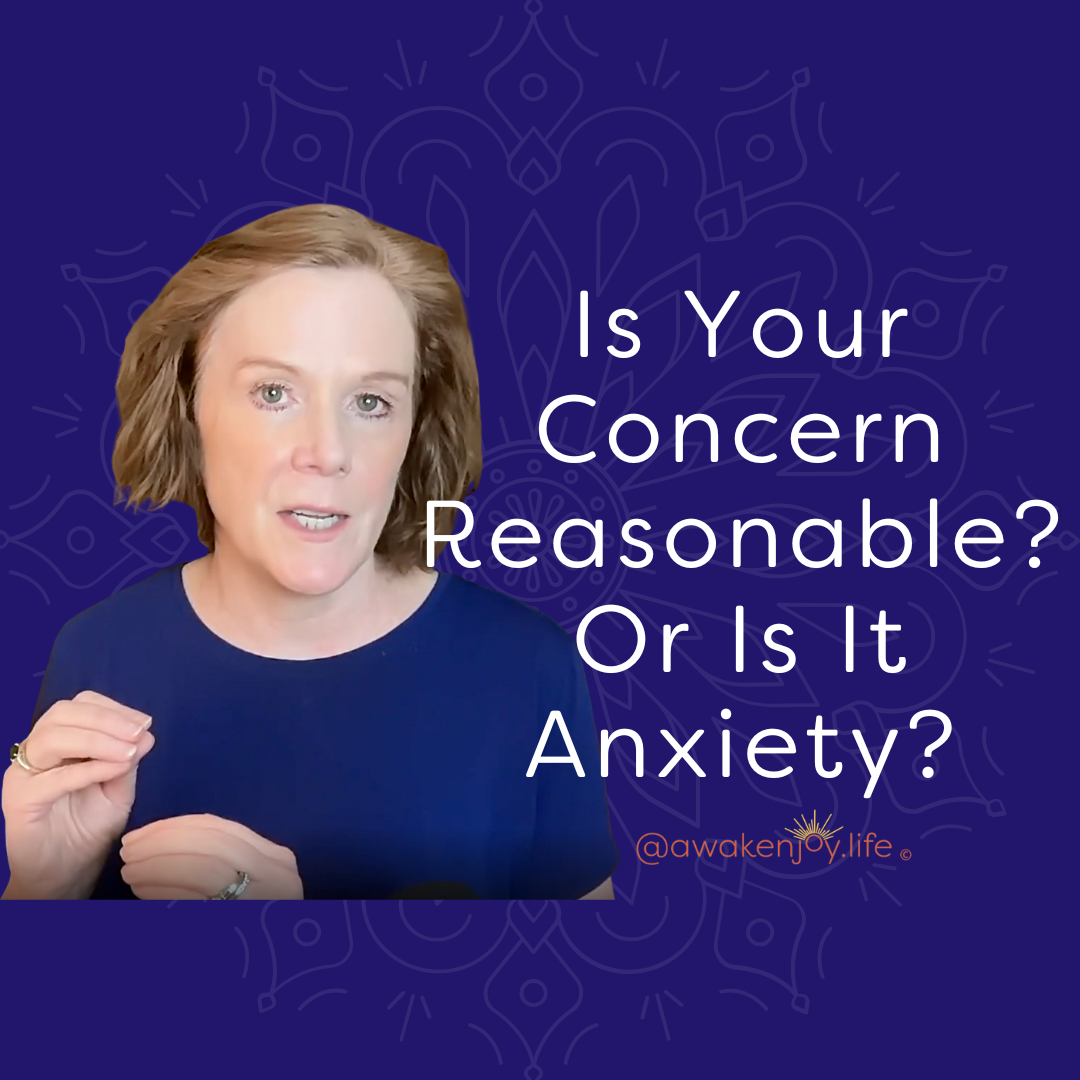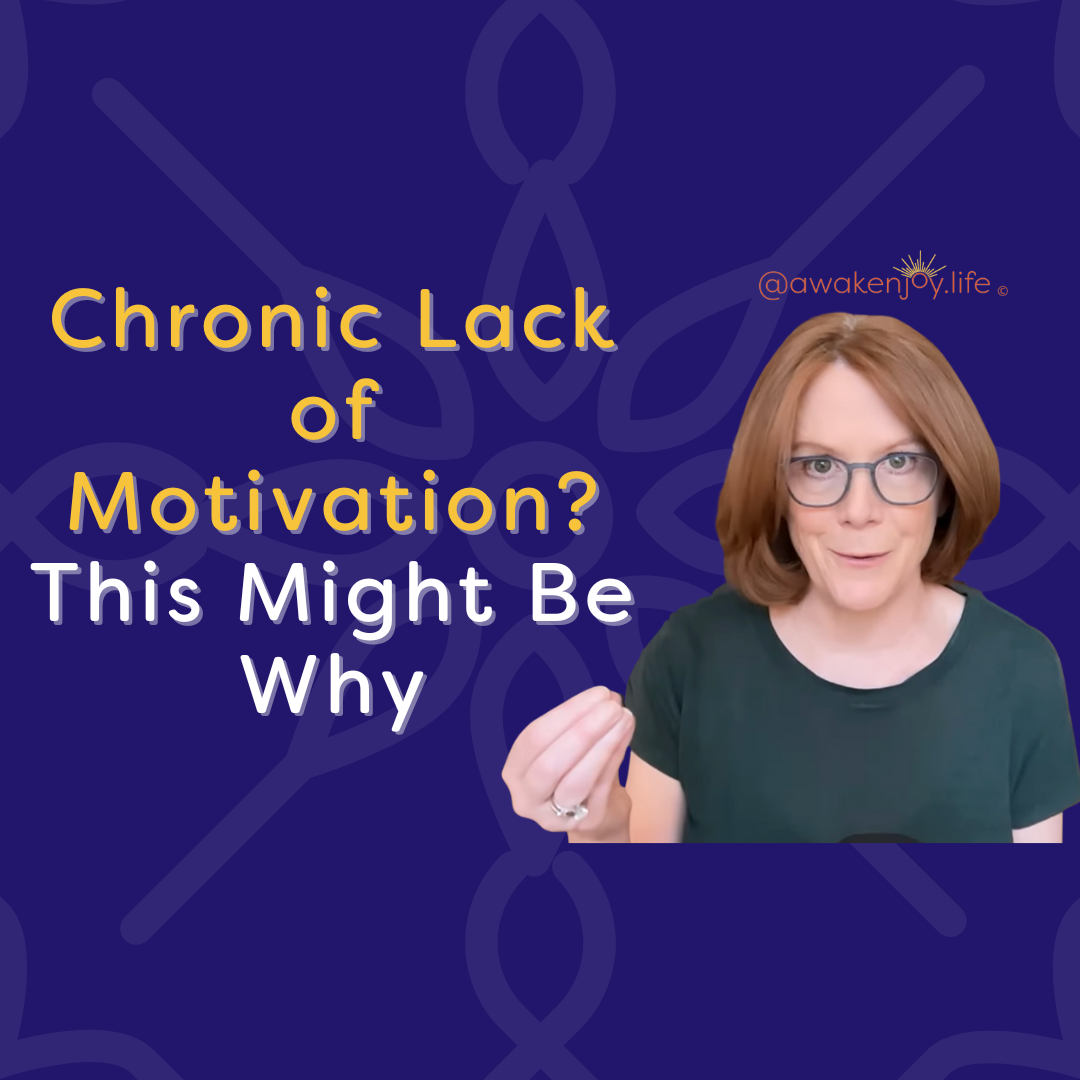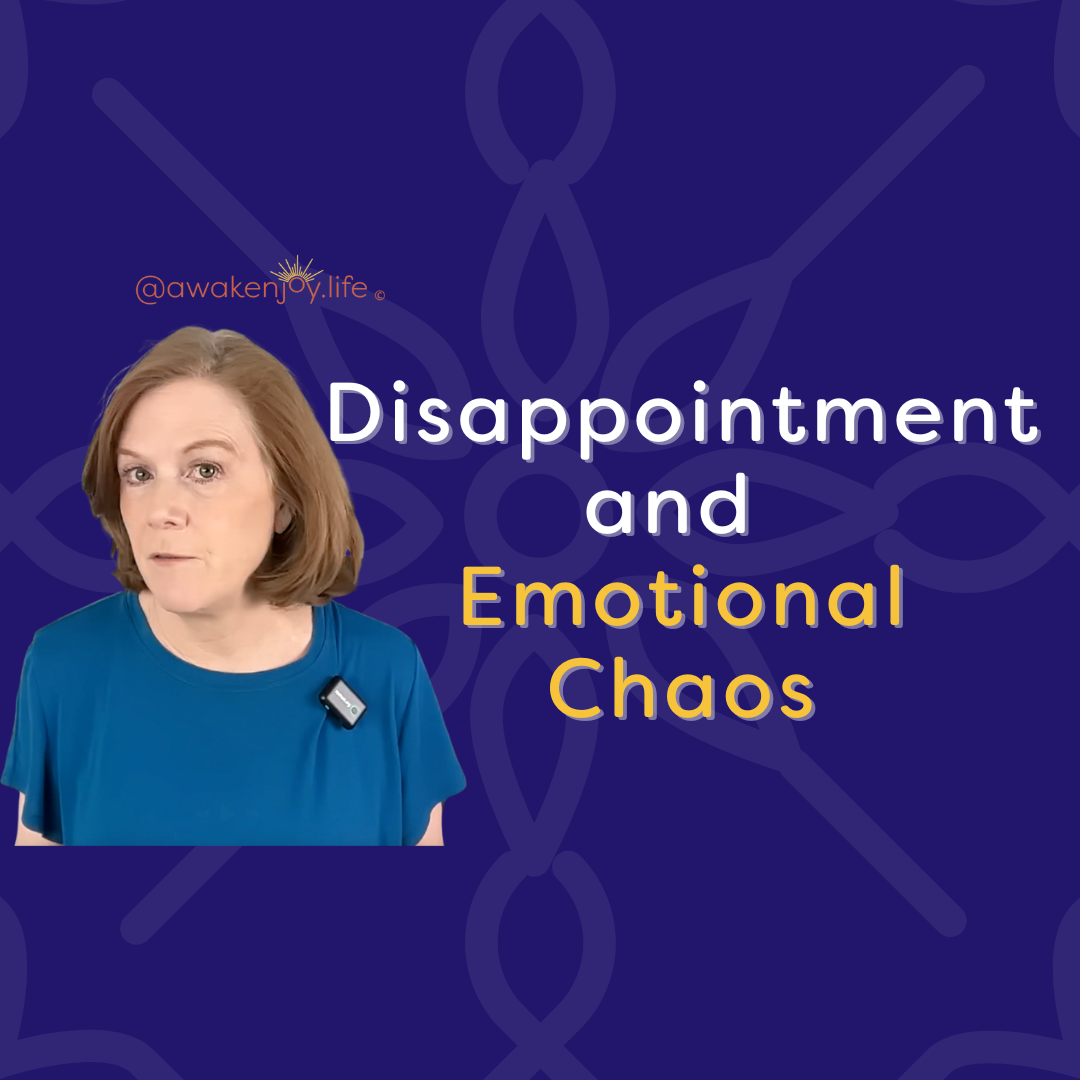By Barbara Heffernan
•
January 16, 2026
Do you keep finding yourself back in the same patterns, performing the same behaviors, playing the same part? Do you feel angry at your family for refusing to accept your changed behavior? Or do you direct that frustration inward, berating yourself for repeatedly falling into those familiar grooves? This frustration is not a personal failing. There are well-researched, deeply rooted reasons why escaping dysfunctional family roles is extraordinarily difficult. Understanding these reasons—both the external forces that pressure you to stay in your role and the internal patterns that keep you locked in place—is essential for meaningful change. When you understand why the path is so difficult, you can navigate it more effectively. There are reasons external to you that make change difficult, and there are internal reasons it is challenging. Let's start with the external reasons. External Reasons Why Change Is Difficult 1. Families Are Systems, and Systems Resist Change The most significant external obstacle is that families are systems, and systems are profoundly resistant to change. If you consider how challenging it is for you as an individual to change in any context, then imagine that difficulty multiplied exponentially when you place multiple people together in a system. The difficulty quotient explodes. When one person changes within a system, it requires everyone else in that system to adjust. Systems inherently attempt to maintain equilibrium and sustain themselves. When we think about the family roles that developed, we can envision being in a play. Everyone has their assigned role. Everyone wears the same costume. Everyone knows their lines. If you recently came home from holidays with your family, this will resonate because you know which person will get angry, which person will disappear, which person will criticize you, which person expects you to do everything perfectly. You know all the roles. If you were in a play wearing your costume, and everyone had rehearsed their lines, what would happen if someone walked on stage and started doing something completely different? You would probably feel confused, possibly angry. How can they just change their role? What does it mean for my role? What if someone starts playing my role? What does that mean for me? This analogy illuminates why system change is so challenging. Compounding this difficulty is the fact that these roles have been transmitted from one generation to the next to the next. Dysfunctional families emerge around major stressors, whether those stresses originate externally or internally. The dysfunction develops as a response to extreme stress, and this pattern has repeated for generations. Change is possible—though the change may not manifest exactly as you envision it. 2. Family Enmeshment and Pressure to Stay in Your Role The next obstacle involves family enmeshment and the pressures exerted on you to remain in your role. In dysfunctional families, roles become rigid and people become intensely attached to their own role and to the roles of others. The family system employs specific tools to keep you in your designated place. Often that tool is shame—shaming you for changing your behavior or shaming you for not helping or fulfilling your expected duties. The pressure might manifest as pleading, begging, or pulling on your heartstrings. The family system has numerous strategies to pull you back into your assigned position, and these pressures are extraordinarily difficult to withstand. 3. Environmental Triggers Another external pressure involves environmental triggers for the behavior. You might have engaged in substantial recovery work and modified many of your behaviors. But the moment you enter that environment—perhaps simply arriving in your hometown, perhaps turning the door knob and walking into your childhood home—those environmental triggers signal to your primitive brain to return to old behavior. You may not even consciously register these signals. We will explore this further in the internal pressures section because it relates fundamentally to how your neurobiology operates. These external triggers release an almost subconscious internal message: "You must behave that way. Do not resist. Just do it." It is not conscious. It is not verbal. It simply happens—you move directly into the pattern. 4. The "Social Echo Chamber" (unrelated to social media!) Once we have developed this role as a child and it has become deeply ingrained, we frequently replicate that role as adults with close friends, other family members, spouses, and our own children. We have been trained to perform this role and we seek relationships within which we can continue performing it. It functions like an echo chamber because the social pressures of all these systems reinforce your role maintenance. I recognize this may sound discouraging, but there is genuine hope here. Bear with me till the end! Internal Reasons Why Change Is Difficult 1. Attachment Wiring All humans are born with an inherent need for attachment. Children depend on their caregivers for survival and safety. This attachment wiring is neurobiologically hardwired into us. We learn very young to conform in order to maintain attachment. By conform, I do not mean conforming to your parents or caregivers, but conforming to what they required of us. 2. Neurobiological Habit Formation This attachment wiring establishes certain patterns and behaviors that become progressively reinforced because our neurobiology becomes structured through repeated patterns and behaviors. Certain situations and our responses—both our reactions and emotions as well as our behaviors—become neurally connected. They become myelinated, allowing different parts of the brain to communicate with extraordinary speed. We can describe this as neurobiological habit formation, and it renders much of our behavior automatic. This explains why we choose relationships that recreate these patterns when we are adults, even when our conscious mind understands better. They are familiar. They are what our automatic brain, our emotional brain, the older regions of our brain recognize and know how to navigate. Our brains are energy-conserving organs. When a habit exists, the brain defaults to that pathway because it requires less energy. Changing these patterns demands substantial conscious effort, but change is achievable. 3. Parts Rejection The third internal obstacle is what I call parts rejection. When we adopt a particular family role, we must simultaneously suppress certain aspects of ourselves. For example, if you were the caretaker child, fulfilling that role required suppressing your own needs. You had to eliminate your own neediness. Everyone possesses needs, but yours became hidden away. You may also have had to suppress your desire to play and be carefree because you were required to focus on caretaking. If you were the youngest of four children and became the lost child, tasked with disappearing and creating no trouble, you had to suppress the part of yourself that wanted to be seen, the part that craved acknowledgment. The scapegoat might have had to suppress the part of themselves that wanted to achieve. Perhaps because the hero child already occupied that role, or perhaps because achievement felt futile. If everyone blames you for everything, why invest effort in achievement and excellence? It feels hopeless. So you not only stop trying, but you suppress the part of yourself that would aspire to such things. Similarly, the mascot—the child who makes everyone laugh—might deflect any controversy, attempting to make everyone feel better by changing the subject. You learn to avoid serious topics. You learn that humor is your designated response to conflict. The part of you that would like to advocate for change becomes suppressed as well. When we suppress these parts of ourselves, we do not simply set them aside temporarily. We attempt to sever them entirely. We pretend they do not exist. Part of healing work, which I will address next week, involves reclaiming those lost aspects of yourself. We all possess multifaceted selves, which is one of the most damaging aspects of rigid family roles. They reduce us to a single dimension, and we participate in this reduction. Not through fault, but through learned behavior. We learn to suppress these parts because it feels easier. 4. Deep Negative Core Beliefs Related to this suppression, we develop profound negative core beliefs. We develop deep negative beliefs primarily about ourselves and secondarily about the world. These negative core beliefs persist throughout our lives until we consciously work to heal and transform them (which is possible!). The caretaker child likely develops beliefs such as "my needs do not matter" or "I am not important." But they might also develop beliefs like "I cannot trust others" or "I cannot depend on others" or "I am the only one who can handle this." These beliefs become so deeply embedded that we continue enacting them throughout our lives. To assist you with this, I have a free PDF called Transform Your Negative Core Beliefs . It helps you identify your deepest core beliefs—the one or two that are most fundamental for you. It also provides three methods to begin transforming them. (You can access it by clicking that link). 5. Inability to Think Outside the Box The fifth internalized obstacle is that we struggle to think outside the box when we have been conditioned within it. This inability to see beyond the established framework—I witnessed this repeatedly with clients throughout my 20 years practicing psychotherapy. Even after substantial recovery work, people would revert to statements like "Well, I am truly bad" (that negative core belief IS absolutely true), or "I genuinely cannot say no in this situation with my family," or "I cannot reveal what actually happened in my home." These kinds of beliefs can profoundly limit you. Eventually it is possible to change these beliefs, but outside perspectives are invaluable—self-help videos, books, therapy, coaching, or a genuinely caring friend. And then, as we begin to change, we are plagued with self-doubt. We question ourselves constantly. Do I actually have the right to prioritize my own needs? Do I have the right to decline helping that family member for the 99th time this month? Perhaps refusing makes me a bad person. The outside perspective helps with this as well as: challenging internalized negative core beliefs, questioning entrenched family rules, questioning the imperative to keep family secrets, and developing clarity about your own values and morals. 6. Your Own Reactivity The sixth obstacle is our own reactivity. When the pressure from family enmeshment intensifies, when the family system begins shaming you or pleading with you or arguing with you, your own reactivity becomes a major impediment to maintaining your path. Your reactivity might manifest as anxiety—intense, consuming anxiety. It might manifest as anger—you lash out intensely and later experience guilt. You might retreat entirely. Whatever your typical pattern—fight, flight, or freeze—you will likely default to one of these responses, or perhaps one you are actively working to modify. Regardless, the reactivity interferes with your ability to hold your ground. Another manifestation of reactivity is self-doubt, which relates to the inability to think outside the box. You begin doubting yourself, doubting your behavior, your actions, your values. Learning emotional regulation and dedicating yourself to that practice is tremendously helpful. I will expand on this next week. 7. Fear of Abandonment The final obstacle is fear of abandonment. Though this might be better described as a deep desire for a functioning family system and acceptance. Let me explain. Our initial attachment wiring makes us deeply averse to losing the bond with our family. If the family threatens to sever ties with you because of your behavior change, that threat is genuinely terrifying, and our fear response is profound. Yet intertwined with this fear of abandonment is the fervent desire that they change. And even more, you probably believe they should change. And I would likely agree with you that they should change. But that does not mean they will. Are they working on it? Are they attempting to change? Do they want to change? If they do not want to change, if they are not working on it, if they are not genuinely trying, they will probably not change. Even those of us who are actively working on change, who want to change and invest substantial effort in changing, still find transformation difficult. Further, we desperately desire acceptance from our family, making it nearly unbearable to accept that we can change while they remain unwilling to embrace that change. I label this fear of abandonment, but perhaps it should more accurately be termed desire for attachment. It represents that profound instinctual and biological drive to maintain connection with our family of origin, which is entirely understandable. But eventually we may need to acknowledge that it will not unfold as we hope, and that realization may initiate a grieving process. We might also be using all-or-nothing thinking—either they accept the new me or I must cut them off entirely. This will increase the fervent desire that they change. Final Thoughts These are the reasons transformation is so challenging. I would genuinely value your perspective. If you comment below, I will read it and may use it to inform future content. I would especially appreciate knowing whether understanding why these changes are so difficult helps you understand yourself or your family better, and whether it provides insights into what you might need to address next. Next week, I will provide an extensive overview of how to actually transform these roles, incorporating all these factors. I sincerely hope this was helpful, and I will see you next week. A few blogs you might find useful in the meantime: Dysfunctional Family Roles , or this playlist in YouTube: Dysfunctional Family Roles

